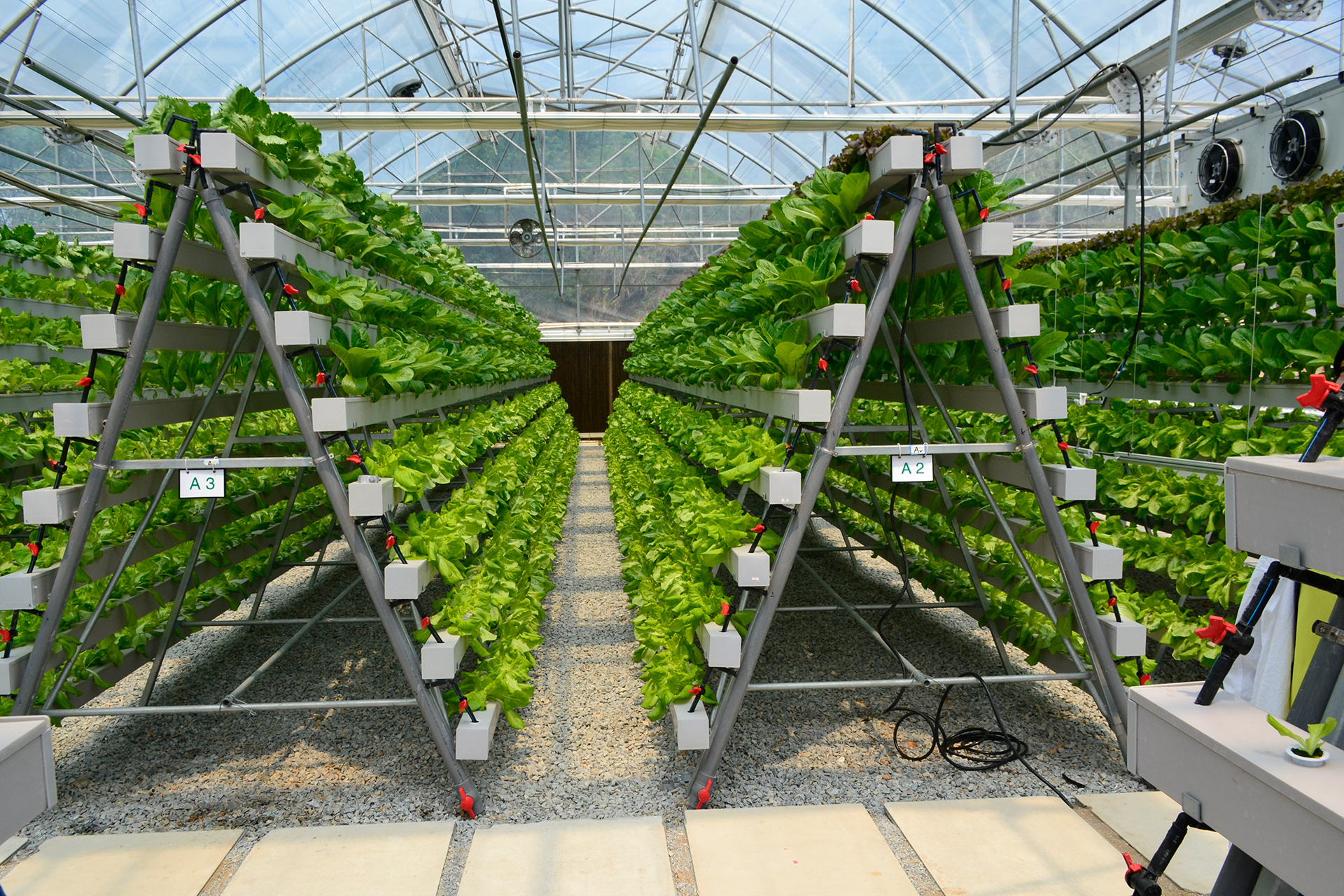Maximizing Efficiency and Yield with Quality Single-Tunnel Greenhouses
Release time:
Jul 02,2025
Summary:Quality single-tunnel greenhouses are an essential component in modern agriculture, particularly in the realm of facility farming. These structures provide a controlled environment that can significantly enhance crop production and quality. Designed as elongated structures with a single arch or tunnel shape, they are particularly effective for various crops, especially in regions with less than id
Quality single-tunnel greenhouses are an essential component in modern agriculture, particularly in the realm of facility farming. These structures provide a controlled environment that can significantly enhance crop production and quality. Designed as elongated structures with a single arch or tunnel shape, they are particularly effective for various crops, especially in regions with less than ideal weather conditions.
One of the primary advantages of quality single-tunnel greenhouses is their capacity to maintain optimal temperatures and humidity levels for plant growth. By utilizing polycarbonate or polyethylene covers, these greenhouses can effectively trap heat and light, creating a microclimate conducive to plant development. This controlled environment not only extends the growing season but also protects crops from harsh weather, pests, and diseases, thereby reducing the need for chemical interventions.
Another important aspect of quality single-tunnel greenhouses is their efficiency. Due to their streamlined design, they require less material and energy to construct compared to larger, multi-tunnel systems. This efficiency translates to lower operational costs, making them an attractive option for small to medium-sized farms. Moreover, their simplistic structure allows for easy installation and maintenance, which is crucial for farmers who may not have extensive resources or technical expertise.
In addition to structural benefits, quality single-tunnel greenhouses can incorporate various technological innovations to enhance productivity. For instance, integrating automated climate control systems can optimize temperature and humidity levels in real time, ensuring that plants receive ideal growing conditions throughout the day. Additionally, incorporating drip irrigation systems can improve water efficiency, providing precise hydration directly to the plant roots while minimizing waste.
Crop selection also plays a critical role in maximizing the potential of single-tunnel greenhouses. Certain vegetables and fruits, such as tomatoes, cucumbers, and herbs, thrive in these environments due to their specific growth requirements. By choosing the right crops, farmers can maximize yield and quality, ensuring a successful harvest.
Furthermore, quality single-tunnel greenhouses facilitate the practice of organic farming. The controlled environment reduces exposure to external pollutants and pests, making it easier to implement organic growing practices. This not only supports sustainable agriculture but also meets the growing consumer demand for organic produce.
In conclusion, quality single-tunnel greenhouses are a vital investment for farmers looking to enhance their productivity and crop quality. By providing a controlled environment, increasing efficiency, and allowing for the incorporation of technological advancements, these greenhouses help ensure that agricultural practices can meet the challenges of modern food production. Whether you are a novice farmer or an experienced agriculturalist, understanding the benefits and applications of quality single-tunnel greenhouses can significantly contribute to your success in the field.
One of the primary advantages of quality single-tunnel greenhouses is their capacity to maintain optimal temperatures and humidity levels for plant growth. By utilizing polycarbonate or polyethylene covers, these greenhouses can effectively trap heat and light, creating a microclimate conducive to plant development. This controlled environment not only extends the growing season but also protects crops from harsh weather, pests, and diseases, thereby reducing the need for chemical interventions.
Another important aspect of quality single-tunnel greenhouses is their efficiency. Due to their streamlined design, they require less material and energy to construct compared to larger, multi-tunnel systems. This efficiency translates to lower operational costs, making them an attractive option for small to medium-sized farms. Moreover, their simplistic structure allows for easy installation and maintenance, which is crucial for farmers who may not have extensive resources or technical expertise.
In addition to structural benefits, quality single-tunnel greenhouses can incorporate various technological innovations to enhance productivity. For instance, integrating automated climate control systems can optimize temperature and humidity levels in real time, ensuring that plants receive ideal growing conditions throughout the day. Additionally, incorporating drip irrigation systems can improve water efficiency, providing precise hydration directly to the plant roots while minimizing waste.
Crop selection also plays a critical role in maximizing the potential of single-tunnel greenhouses. Certain vegetables and fruits, such as tomatoes, cucumbers, and herbs, thrive in these environments due to their specific growth requirements. By choosing the right crops, farmers can maximize yield and quality, ensuring a successful harvest.
Furthermore, quality single-tunnel greenhouses facilitate the practice of organic farming. The controlled environment reduces exposure to external pollutants and pests, making it easier to implement organic growing practices. This not only supports sustainable agriculture but also meets the growing consumer demand for organic produce.
In conclusion, quality single-tunnel greenhouses are a vital investment for farmers looking to enhance their productivity and crop quality. By providing a controlled environment, increasing efficiency, and allowing for the incorporation of technological advancements, these greenhouses help ensure that agricultural practices can meet the challenges of modern food production. Whether you are a novice farmer or an experienced agriculturalist, understanding the benefits and applications of quality single-tunnel greenhouses can significantly contribute to your success in the field.
Related Information
AI+ Agriculture: Discuss its present, challenges and future
With the development and popularization of artificial intelligence (AI) technology, the agricultural industry is ushering in a new change, and agriculture has gradually transformed from a traditional labor-intensive industry to a high-tech industry.
Jun 18,2024
Causes and solutions of strawberry albino fruit
Strawberry albino fruit is a very common physiological disease on strawberries. Strawberry albino fruit generally small fruit, fruit ripening after chlorosis can not be colored normally.
Jun 18,2024
Smart Greenhouse Global Opportunity Analysis and Industry, 2020-2027
Smart greenhouse is a farming technique, which helps user to monitor and control the growth condition of the plant and to optimize the growing process of the plants.
Jun 18,2024
Industry Information

